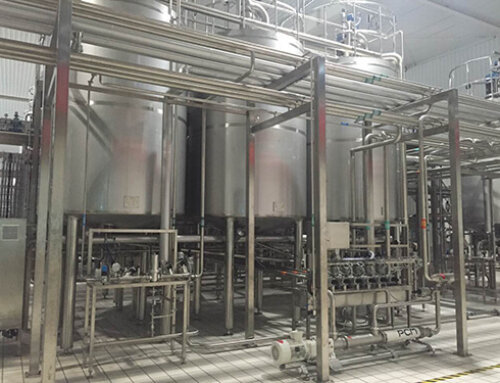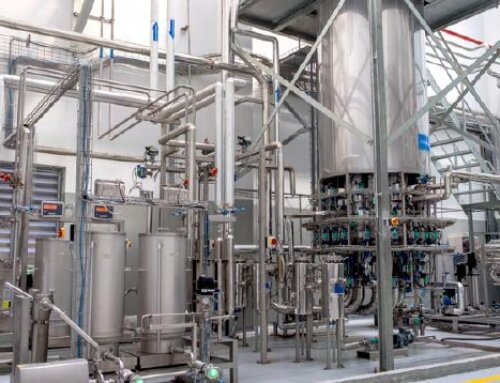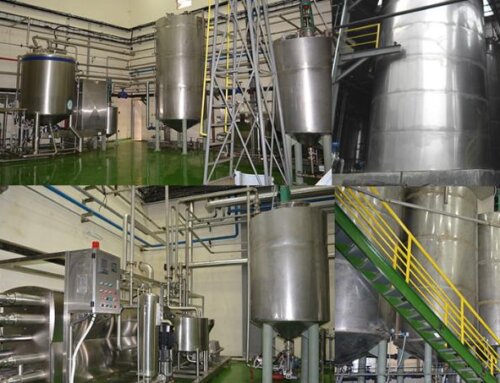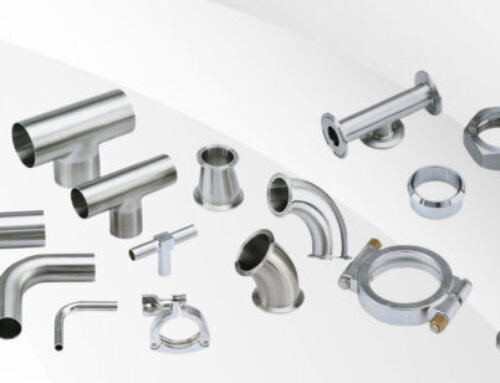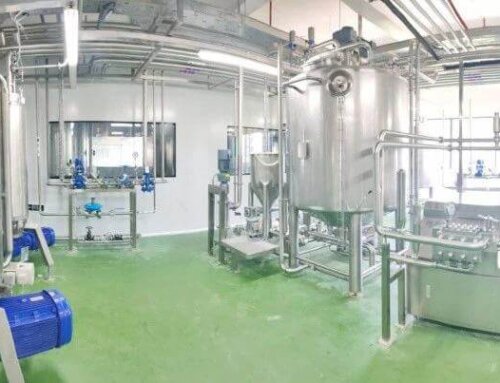As people’s living standards improve, we can see more and more dazzling beverages in supermarkets. So what is soft drinks categories can be classified?
Beverage refers to a liquid food that can be direct or indirect drinking for human beings to supplementing with human body water as the main purpose. With the improvement of processing technology and formula, some beverages can also increase human health while supplementing human body water. Beverages can be divided into two categories: alcohol-containing beverages (beer, champagne, etc.) and non-alcoholic beverages (carbonated beverages, juices, etc.). Non-alcoholic beverages are also called soft drinks. Generally, beverages with an ethanol content of no more than 0.5% are soft drinks.
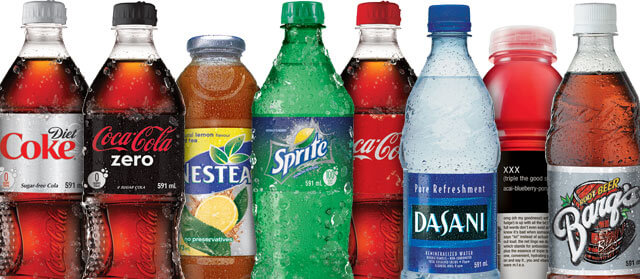
According to GBl0789 general rules for beverages, soft drink beverages can be divided into carbonated drinks (soda), fruit and vegetable juices, protein drinks, drinking water, tea drinks, coffee drinks, plant drinks, flavored drinks, special-purpose drinks, solid beverages, and other beverages.
Carbonated beverages refer to beverages filled with carbon dioxide gas under certain conditions, including cola-type, fruit juice type, fruit flavor type, soda water, ginger ale, etc.
Fruit juices and vegetable juices refer to beverages made from fruits and/or vegetables as raw materials after processing or fermentation, including 100% NFC fruit juices (vegetable juice), reconstituted fruit juice and vegetable juice beverages, compound fruit and vegetable juices (pulp) Beverages, pulp beverages, fermented fruit, and vegetable juice beverages, etc. The juice pulp content of reconstituted fruit and vegetable juice beverages must be above 10%; the juice pulp content of fruit flavor juice must be above 5%.
Protein beverages refer to beverages made from milk or dairy products, or fruits, seeds, or seeds of plants containing certain protein content as raw materials, including milk-containing beverages, vegetable protein beverages, and composite protein beverages. Among them, the milk protein content of milk-containing beverages, formulated milk-containing beverages and fermented milk-containing beverages must be above 1%; milk-containing beverages also include lactic acid bacteria beverages. 0.7% or more. Vegetable protein beverages include soy milk (pulp), soy milk beverages, coconut milk, almond milk, walnut milk, peanut milk, etc., and their protein content must be above 0.5%.
Drinking water refers to directly drinkable water sealed in containers like PET bottles or glass bottles, including natural mineral water, natural spring water, pure water, drinking mineral water, and other drinking water (such as flavored water).
Tea beverages refer to beverages prepared by processing extracts of tea leaves or their concentrates, tea powder, etc., including tea beverages (tea soup), flavored tea beverages, compound (blended) mixed tea beverages, etc. Among them, flavored tea is divided into fruit juice (flavor) tea beverage, milk (flavor) tea beverage, carbonated tea beverage.
Coffee beverages refer to beverages made from coffee water extract or its concentrate, and instant coffee powder as raw materials, including espresso beverages, coffee beverages, and low-caffeine coffee beverages.
Plant beverages refer to beverages prepared from plants or plant extracts (except fruits, vegetables, tea, coffee) as raw materials, including edible fungus beverages, algae beverages, cocoa beverages, cereal beverages, herbal tea beverages, etc.
Flavored beverages refer to beverages made by processing flavors (materials), sugar and / or sweeteners, sour agents, etc. as the main means of flavor adjustment, including fruity beverages, milk beverages, tea beverages Coffee flavored drinks, etc
Special-purpose beverages refer to beverages that meet the needs of certain special groups by adjusting the composition and content of nutrients in beverages or adding specific functional ingredients, including sports drinks, nutrient beverages, and energy drinks.
Solid beverages refer to food raw materials, food additives, etc. that are processed into powder, granules, or lumps and other solid materials for brewing and drinking, such as juice powder, soybean powder, tea powder, coffee powder (instant coffee), fruit Flavored solid beverages, solid soda (effervescent tablets), ginger powder, protein solid beverages, etc.
